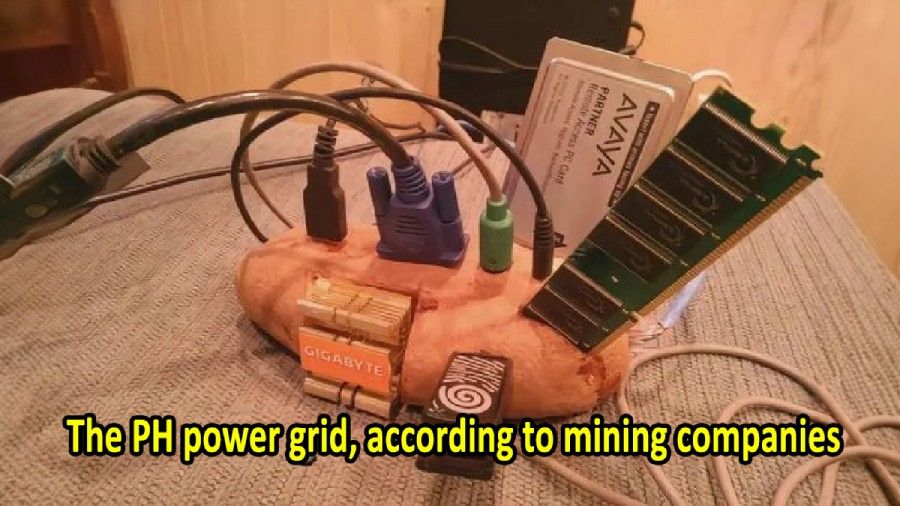Senate approves bill banning export of raw minerals
By Merkado Barkada | The Philippine Star | February 12, 2025 8:00am

Image by Merkado Barkada
The Senate approved Senate Bill 2826 on its third and final reading [link], which seeks to impose a tiered tax system on mining profits and impose a ban on the export of raw minerals. On the tax side, SB 2826 is the government’s attempt to capture a greater share of the “windfall” profits the mining sector has experienced in recent years. This change has reluctant support from lobbying groups representing the mining industry like COMP (Chamber of Mines of the Philippines) and PNIA (Philippine Nickel Industry Association), due in part to the seeming thirst of the house to pursue a similar tax scheme and the general sentiment that some form of tax right-sizing was probably overdue to bring the Philippines in-line with neighboring jurisdictions. The big issue, however, is the raw export ban. After a 5-year grace period, this measure would prohibit miners from exporting shipments of unprocessed ore, and would force some kind of processing to be done in the Philippines before being sold internationally. Both COMP and PNIA oppose this portion of the law, citing the insufficiency of the power grid and transportation network to handle such fast-paced industrial expansion. They say that the ban will likely have “considerable unintended consequences”, and will lead to mine closures and disruption of existing long-term supply contracts leading to a “loss of trust in the Philippines as a reliable trading partner.”
MB bottom-line: In business, this is known as climbing the “value chain”. Depending on how specialized you want to get, there can be as many as eight distinct processing stages needed to get raw nickel ore into a state that is ready to be used for applications like EV batteries, and at each stage, the processing increases the value of the resulting product. Raw ore is concentrated, smelted, refined, purified, and then converted to special forms depending on the particular battery application. I don’t have domain knowledge in nickel, but a Google search showed global prices of raw nickel ore to be around $15k/ton, with the price jumping up to $18k/ton for smelted nickel ore. The goal of this legislation (aside from the predictable tax grab) is to force more of that processing to happen here. That means more facilities and jobs, but it also means more environmental problems and sensitivity to shifting global needs. This is a potential moment of chaos for the mining industry, and it’s not clear (to me) how each player will react if the law is implemented.
Source: The Philippine Star
.

